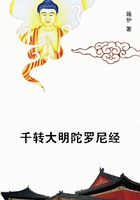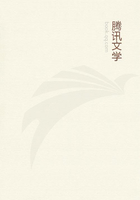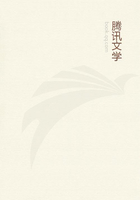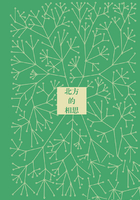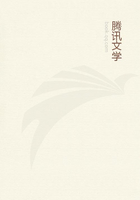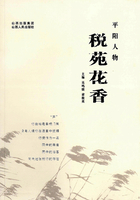In Siam it used to be the custom on one day of the year to single out a woman broken down by debauchery, and carry her on a litter through all the streets to the music of drums and hautboys. The mob insulted her and pelted her with dirt; and after having carried her through the whole city, they threw her on a dunghill or a hedge of thorns outside the ramparts, forbidding her ever to enter the walls again. They believed that the woman thus drew upon herself all the malign influences of the air and of evil spirits. The Bataks of Sumatra offer either a red horse or a buffalo as a public sacrifice to purify the land and obtain the favour of the gods. Formerly, it is said, a man was bound to the same stake as the buffalo, and when they killed the animal, the man was driven away; no one might receive him, converse with him, or give him food. Doubtless he was supposed to carry away the sins and misfortunes of the people.
Sometimes the scapegoat is a divine animal. The people of Malabar share the Hindoo reverence for the cow, to kill and eat which they esteem to be a crime as heinous as homicide or wilful murder. Nevertheless the Bramans transfer the sins of the people into one or more Cows, which are then carry'd away, both the Cows and the Sins wherewith these Beasts are charged, to what place the Braman shall appoint. When the ancient Egyptians sacrificed a bull, they invoked upon its head all the evils that might otherwise befall themselves and the land of Egypt, and thereupon they either sold the bull's head to the Greeks or cast it into the river. Now, it cannot be said that in the times known to us the Egyptians worshipped bulls in general, for they seem to have commonly killed and eaten them. But a good many circumstances point to the conclusion that originally all cattle, bulls as well as cows, were held sacred by the Egyptians. For not only were all cows esteemed holy by them and never sacrificed, but even bulls might not be sacrificed unless they had certain natural marks; a priest examined every bull before it was sacrificed; if it had the proper marks, he put his seal on the animal in token that it might be sacrificed; and if a man sacrificed a bull which had not been sealed, he was put to death. Moreover, the worship of the black bulls Apis and Mnevis, especially the former, played an important part in Egyptian religion; all bulls that died a natural death were carefully buried in the suburbs of the cities, and their bones were afterwards collected from all parts of Egypt and interred in a single spot; and at the sacrifice of a bull in the great rites of Isis all the worshippers beat their breasts and mourned. On the whole, then, we are perhaps entitled to infer that bulls were originally, as cows were always, esteemed sacred by the Egyptians, and that the slain bull upon whose head they laid the misfortunes of the people was once a divine scapegoat. It seems not improbable that the lamb annually slain by the Madis of Central Africa is a divine scapegoat, and the same supposition may partly explain the Zuni sacrifice of the turtle.
Lastly, the scapegoat may be a divine man. Thus, in November the Gonds of India worship Ghansyam Deo, the protector of the crops, and at the festival the god himself is said to descend on the head of one of the worshippers, who is suddenly seized with a kind of fit and, after staggering about, rushes off into the jungle, where it is believed that, if left to himself, he would die mad. However, they bring him back, but he does not recover his senses for one or two days. The people think that one man is thus singled out as a scapegoat for the sins of the rest of the village. In the temple of the Moon the Albanians of the Eastern Caucasus kept a number of sacred slaves, of whom many were inspired and prophesied. When one of these men exhibited more than usual symptoms of inspiration or insanity, and wandered solitary up and down the woods, like the Gond in the jungle, the high priest had him bound with a sacred chain and maintained him in luxury for a year. At the end of the year he was anointed with unguents and led forth to be sacrificed. A man whose business it was to slay these human victims and to whom practice had given dexterity, advanced from the crowd and thrust a sacred spear into the victim's side, piercing his heart. From the manner in which the slain man fell, omens were drawn as to the welfare of the commonwealth. Then the body was carried to a certain spot where all the people stood upon it as a purificatory ceremony.
This last circumstance clearly indicates that the sins of the people were transferred to the victim, just as the Jewish priest transferred the sins of the people to the scapegoat by laying his hands on the animal's head; and since the man was believed to be possessed by the divine spirit, we have here an undoubted example of a man-god slain to take away the sins and misfortunes of the people.
In Tibet the ceremony of the scapegoat presents some remarkable features.

